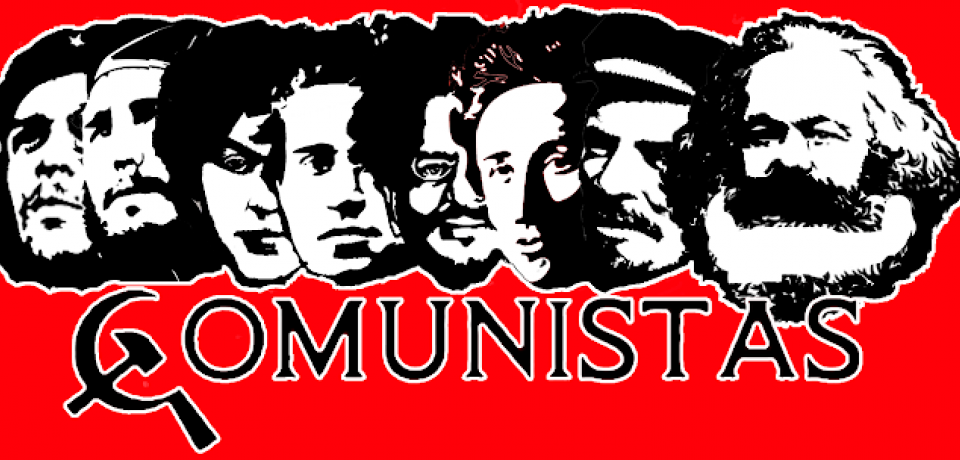
A month after the protests that took place in Cuba on 11 July, the government has not made any big changes. The economic and health crises are still as serious as before, meaning the same problems that led to the demonstrations are basically still there.
The approval of the new law opening the way to small and medium sized businesses is not a product of the demonstrations. You only need to analyse official speeches and practical policies to see that Cuba’s top leadership is increasingly looking towards the liberalising reforms of Vietnam - known as Doi Moi - which are strongly influenced by Deng Xiao Ping.
The approval of those businesses was a decision prepared in advance by the government, which if it suffered delays these were due to opposition from the Fidel Castro wing. If anything, the protests sped up its approval.
One of the few changes has been to allowing the entry of food and medicines free of tax. But even this slight improvement is suffering from bureaucratic ineffectiveness.
On the other hand, the Cuban people are still waiting for a public self-criticism by the government, in which they convincingly explain the errors that led to July 11. At the same time, it is necessary to clarify the events of July 11, since the official version presents only one side of things, and this is something that a large part of society knows.
A month after the protests, many of those arrested in the demonstrations still do not know whether they will be brought to trial or will have to wait patiently for the precautionary measures applied to them to expire. Which may include house arrest, other controls on their movement and police patrols in front of their house.
One month after July 11, the causes that generated the demonstrations are still there. The current economic crisis will be very difficult to overcome and to all this we must add the discontent generated by the government’s treatment of the protests, both while they were occurring and afterwards.
It is noteworthy and worrying that the government has not taken any measures which imply greater participation by the working class in decision-making, on economic and political matters.
At the same time, the government continues to minimise and criminalise the protests, thus generating more discontent and reinforcing right wing arguments.
Despite all this, another 11 July is very unlikely, at least in the next few months. Although there is a growing feeling that the protests were useful because we have seen certain changes, there is also a widespread perception that the risks are very large compared to what has been won.
Many of those who are now making calls on social networks to go out into the streets did not participate in the 11 July demonstrations.
The 11 July was the highest point of the serious political crisis that the Cuban government is going through and which it does not want to acknowledge.
This is key to understanding the 11 July demonstrations: Cuba is experiencing today not just an economic and health crisis but also, equally grave, a political and ideological crisis.
Although they do not recognise it publicly, the government senses that and that is why it is taking strong coercive measures against those who were arrested in the protests. They want to give an example to those who participated in the largest protests since the triumph of the 1959 revolution. However, this will not make the political crisis disappear, but will only make it worse.
Editorial Committee of Comunistas
11 August 2021. Somewhere in Cuba
This is a translation of an article originally published on the website Comunistas. Thanks to David Karvala for the translation first published on Socialist Worker.